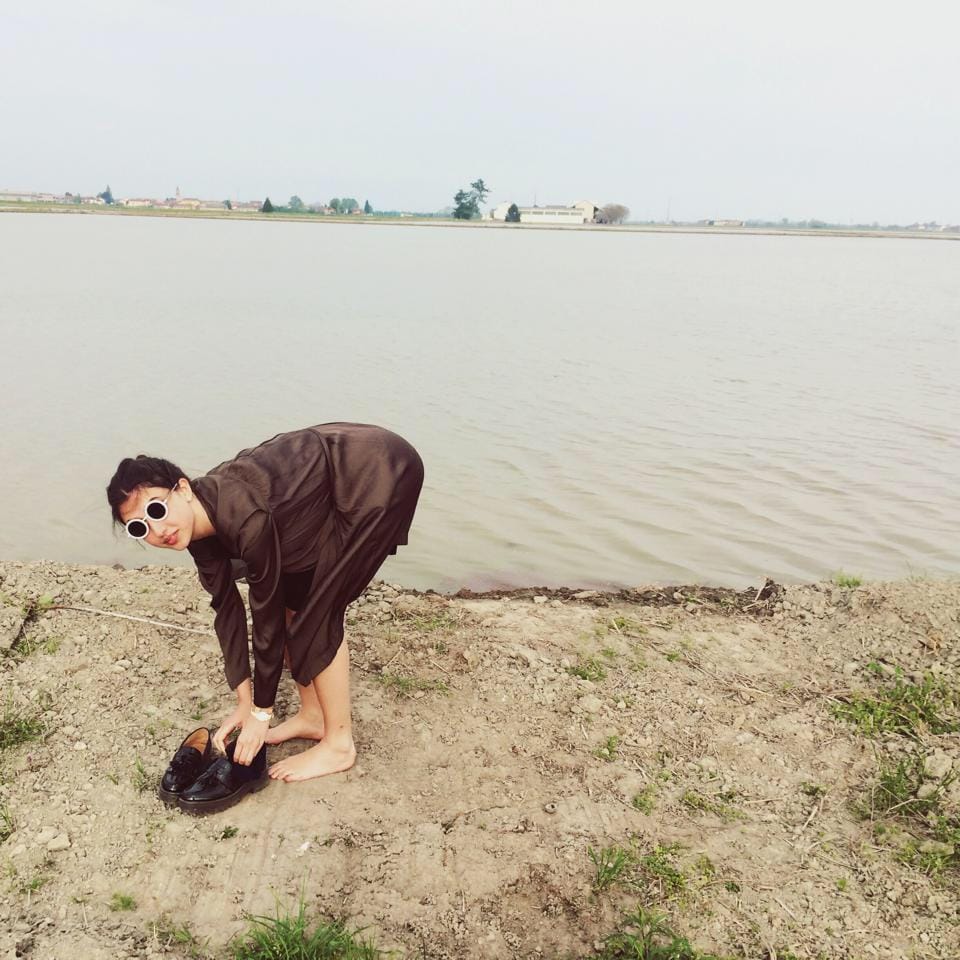The Italian government is grappling with a challenging diplomatic situation as it strives to secure the release of journalist Cecilia Sala, who has been detained in Iran. The case has drawn significant attention not only due to Sala’s status as a journalist but also because it reflects the intricate web of international relations involving the United States and Iran. As Italy attempts to mediate this situation, it finds itself caught in the middle of two powerful nations with competing interests.
Cecilia Sala, a well-known journalist, was reportedly detained while covering events in Iran. Her arrest has raised concerns about press freedom and the safety of journalists operating in regions with volatile political climates. Sala’s situation is particularly precarious given the current state of U.S.-Iran relations, which have been marked by tension and hostility in recent years. The United States has imposed various sanctions on Iran, further complicating the diplomatic landscape.
The Italian government, led by Prime Minister Giorgia Meloni, has expressed its commitment to securing Sala’s release. Meloni has emphasized the importance of protecting Italian citizens abroad, particularly those engaged in journalistic work. The Italian Foreign Ministry has been actively involved in discussions with Iranian authorities, seeking to negotiate the terms of Sala’s release while ensuring her safety and well-being during her detention.
Italy’s diplomatic efforts are further complicated by the broader geopolitical context. The U.S. has taken a firm stance against Iran, particularly in light of its nuclear ambitions and regional activities. This has led to a complicated relationship where Italy, a member of the European Union, must balance its ties with both the U.S. and Iran. The Italian government is keenly aware that any misstep could exacerbate tensions and potentially jeopardize Sala’s situation.
In addition to diplomatic negotiations, public support for Sala’s release has been growing. Advocacy groups and fellow journalists have rallied to raise awareness about her plight, calling for her immediate release and highlighting the dangers faced by journalists in conflict zones. Social media campaigns and public demonstrations have emerged, urging the Italian government to take decisive action in securing Sala’s freedom.
The case of Cecilia Sala is emblematic of the challenges faced by journalists operating in hostile environments. It underscores the importance of press freedom and the need for robust protections for journalists worldwide. As Italy navigates this complex situation, it must also consider the implications of its actions on its international standing and relationships with both the U.S. and Iran.
Moreover, the Italian government’s approach to Sala’s case may set a precedent for how it handles similar situations in the future. If successful in securing her release, it could bolster Italy’s reputation as a mediator in international conflicts. Conversely, failure to secure her freedom could raise questions about the effectiveness of Italy’s diplomatic efforts and its ability to protect its citizens abroad.
As negotiations continue, the Italian government remains hopeful for a positive outcome. The situation serves as a reminder of the intricate dynamics at play in international relations, particularly when the interests of powerful nations are involved. Italy’s commitment to securing the release of Cecilia Sala reflects its dedication to protecting the rights of its citizens and upholding the principles of press freedom.
In conclusion, Italy is currently navigating a complex diplomatic landscape as it seeks to secure the release of journalist Cecilia Sala from Iranian custody. Caught between the competing interests of the United States and Iran, the Italian government is working diligently to find a resolution that prioritizes Sala’s safety and freedom. This situation highlights the broader implications of international relations and the challenges faced by countries in advocating for their citizens in times of geopolitical tension.


